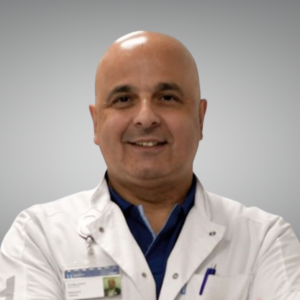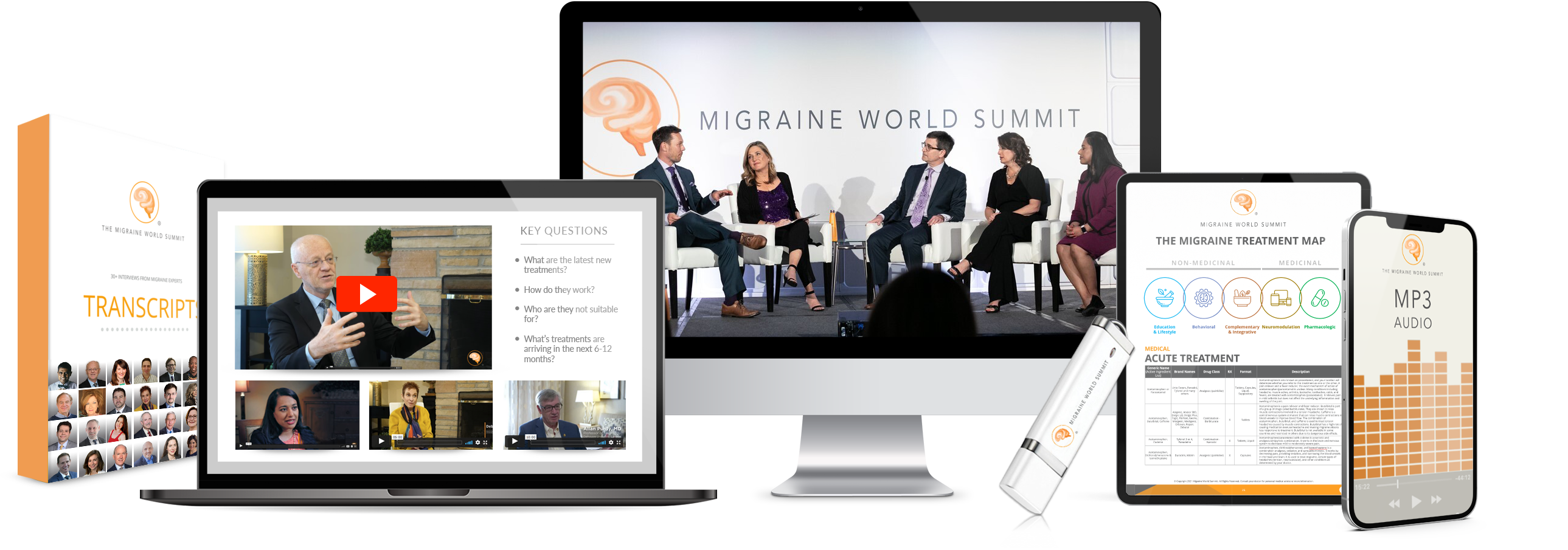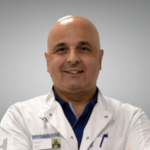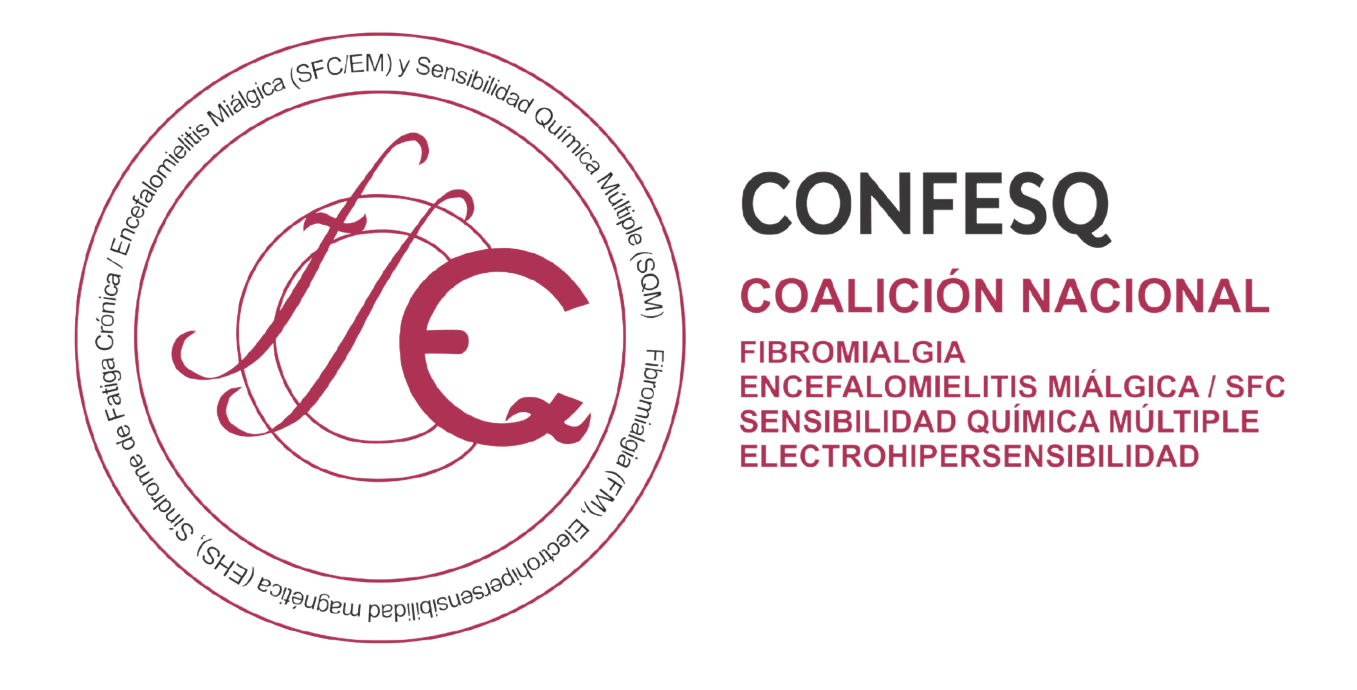Beyond 50: Insights Into Migraine That Ages With Us
You are currently watching a preview of this interview. Unlock the full version by upgrading to an Access Pass bundle! Get FREE access to 8 expert interviews from Day 1 and Day 2 when you register today!
Key Questions
- ¿Cómo progresa la enfermedad de la migraña en las personas a medida que envejecen?
- ¿Cuáles son los problemas con la investigación sobre personas mayores de 60 años con migraña?
- ¿Cómo discrimina la investigación sobre la migraña a los pacientes mayores?
- ¿Es la migraña con aura más común en pacientes mayores?
- ¿Cómo cambia la migraña crónica con el tiempo?
- ¿Cómo complican las comorbilidades el tratamiento de la migraña en personas mayores de 60 años?
- ¿Cómo afecta la menopausia a la migraña?
- ¿Dónde podemos encontrar información sobre tratamientos de consenso para la migraña en personas mayores de 60 años?
- ¿Pueden los problemas cognitivos en pacientes mayores estar relacionados con su enfermedad de migraña?
- ¿Puede mejorar el rendimiento cognitivo en pacientes mayores al controlar la migraña?
- Para personas que experimentan migraña crónica actual o pasada, ¿qué medidas proactivas se pueden tomar para minimizar el impacto de la migraña a medida que envejecemos?
Interview Notes
- Human Migraine Research Unit
- Danish Headache Center
- Study: “Migraine in older adults”
- Study: “Functional connectivity and cognitive impairment in migraine with and without aura”
- X (Twitter): @MessoudAshina
Please note: The Migraine World Summit’s aim is to bring you a variety of perspectives and expertise, independent of bias or judgment. Alternative theories presented in this video have not been medically reviewed. Views expressed in this interview do not necessarily represent the views of the Migraine World Summit. Please always consult your health care professional and do your own research before making changes to your treatment plan.
This is a Spanish translation of an expert interview from the Migraine World Summit 2024. All interviews have been carefully translated and medically reviewed.

Messoud Ashina, MD, PhD, DMSc
Professor of Neurology
Danish Headache Center, Rigshospitalet Glostrup, University of Copenhagen
Messoud Ashina, MD, is a professor of neurology in the faculty of health and medical sciences, University of Copenhagen, Denmark. Professor Ashina received his Doctor of Medicine degree at the Azerbaijan Medical University. He completed his residency in neurology at the University of Copenhagen. Dr. Ashina received his PhD and DMSc degrees at the University of Copenhagen.
He is director of the Human Migraine Research Unit at the Danish Headache Center and Department of Neurology, Rigshospitalet Glostrup.
Professor Ashina has been actively involved in headache research since 1995. His research interests include experimental migraine and cluster headache models, neuroimaging, novel antimigraine drug targets, the mechanism of migraine, and the action of antimigraine medications. He has authored over 400 papers, abstracts, and book chapters on the topic of headache, including migraine and cluster headache.
Professor Ashina serves as associate editor of three journals: Cephalalgia, Brain, and The Journal of Headache and Pain. He is also immediate past president of the International Headache Society.
Interviews from Messoud Ashina, MD, PhD, DMSc
Beyond 50: Insights Into Migraine That Ages With Us
Migraine & Headache Research Frontiers
10 Steps to Migraine Management Your Doctor Should be Taking

Purchase full access to the entire 2024 Summit. Includes:
- All expert interviews with separate audio (MP3) files & transcripts
- Lifetime on-demand access with no annual fee to 2024 Summit
- Interview Summaries
- Treatment Guidelines
- And much more!
Related Talks for: Day 6 (2024)
How Migraine & Chronic Fatigue Syndrome (ME/CFS) Are Connected
James Baraniuk, MD
Tension Headache or Migraine? Differences and Misdiagnoses
Rebecca C. Burch, MD, FAHS
How To Manage Migraine Stigma at Work
Olivia Begasse de Dhaem, MD, FAHS
Somos la Coalición Nacional de Fibromialgia (FM), Síndrome de Fatiga Crónica/Encefalomielitis Miálgica (SFC/EM), Sensibilidad Química Múltiple (SQM) y Electrohipersensibilidad (EHS), una entidad sin ánimo de lucro, constituida desde el año 2004. Representamos a más de 11.000 pacientes a través de más de 60 asociaciones de diferentes tipos: entidades nacionales, federaciones autonómicas y asociaciones regionales o autonómicas.
Nuestro compromiso es representar y defender los derechos e intereses globales de las personas que sufren FM, SFC/EM, SQM y EHS, así como de sus familiares. Esta representación es tanto a nivel nacional como internacional, ante la sociedad, administraciones y demás Instituciones, integrando e impulsando las acciones de las entidades a las que representa y aquellas que persiguen los mismos fines.
Migraine doesn't have to derail your career. Nearly every workplace in the country is impacted by migraine disease through absenteeism and presenteeism. Despite the prevalence of the disease, there is a lack of education and awareness around it. In the workplace, this often leads to unintended stigma and bias against employees living with migraine disease. Visit our website to learn more about programs available for both employees and employers.

You're not alone. All of us know someone who could benefit from these expert insights. Invite a friend, family member, caregiver, co-worker or health care provider to watch this year. Give the gift of health with an All Access Pass. Sharing is caring!







